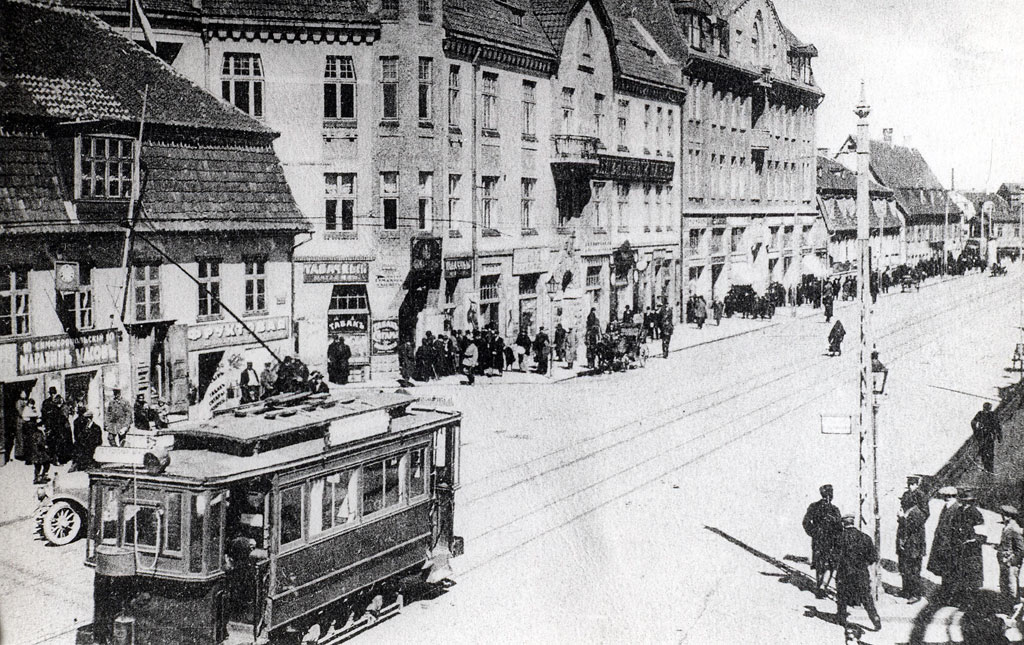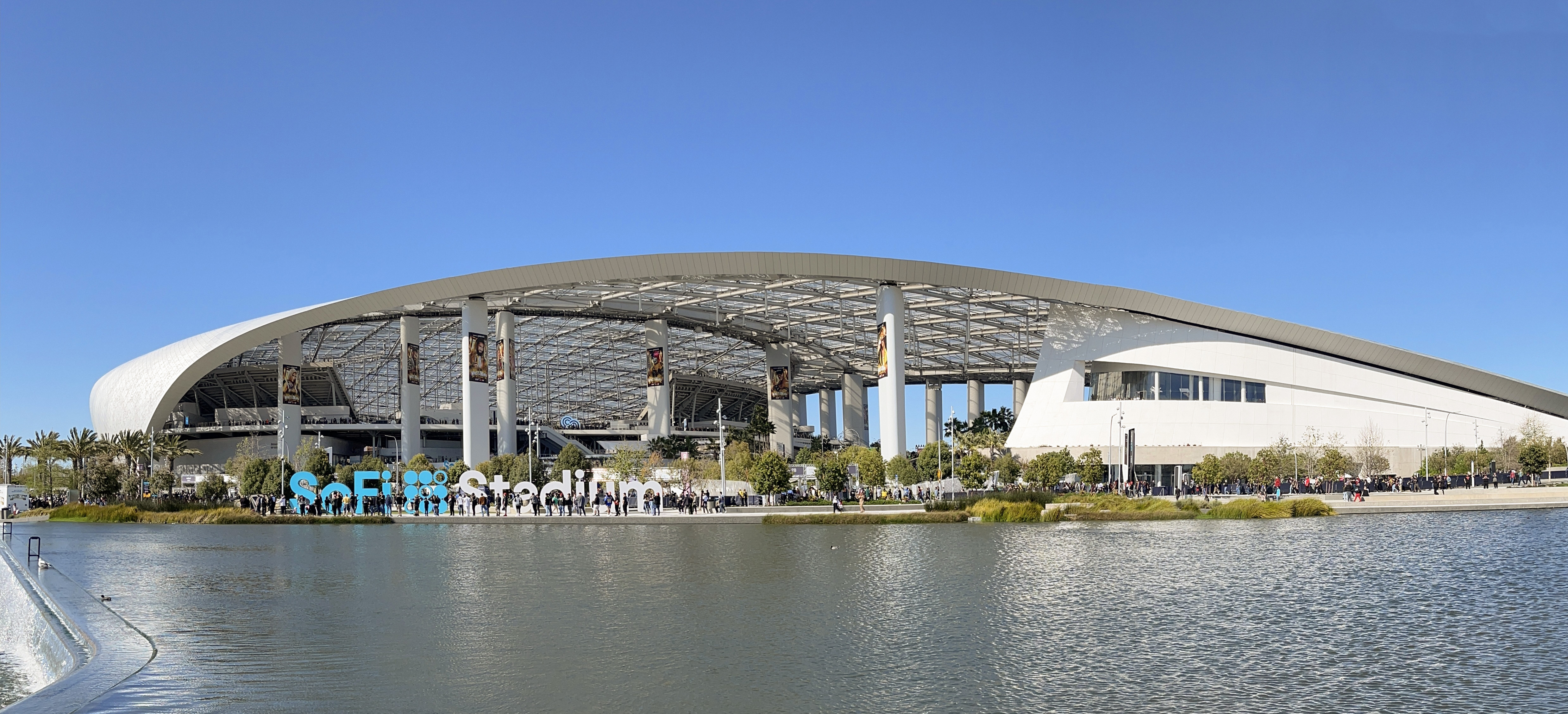|
Daugava Stadium (Liepāja)
Daugava Stadium () is a multi-purpose stadium in Liepāja, Latvia. It is currently used mostly for football (soccer), football matches and is the home stadium of FK Liepāja, also it was the home stadium of FHK Liepājas Metalurgs. The stadium holds 4,022 people, and hosted the Baltic Cup (football), Baltic Cup in Baltic Cup 1992, 1992, Baltic Cup 1998, 1998, 2014 Baltic Cup, 2014, 2016 Baltic Cup, 2016 and Baltic Cup 2024, 2024. The Latvia women's national football team, women's national side have also played at the stadium. From 1925 to 1934 the stadium was named "Strādnieku stadions" (''workers' stadium''), from 1934 to 1990 "Pilsētas stadions" (''town stadium''). References * http://loc.lv/lv/stadioni/daugavas/ Buildings and structures in Liepāja Football venues in Latvia Multi-purpose stadiums in Latvia {{Latvia-sports-venue-stub ... [...More Info...] [...Related Items...] OR: [Wikipedia] [Google] [Baidu] |
Daugavas Stadions (Liepaja)
Daugava Stadium may refer to: *Daugava Stadium (Riga), Latvia *Daugava Stadium (Daugavpils), Latvia *Daugava Stadium (Liepāja) Daugava Stadium () is a multi-purpose stadium in Liepāja, Latvia. It is currently used mostly for football (soccer), football matches and is the home stadium of FK Liepāja, also it was the home stadium of FHK Liepājas Metalurgs. The stadium ..., Latvia See also * Daugava (other) {{Disambig ... [...More Info...] [...Related Items...] OR: [Wikipedia] [Google] [Baidu] |
Liepāja
Liepāja () (formerly: Libau) is a Administrative divisions of Latvia, state city in western Latvia, located on the Baltic Sea. It is the largest city in the Courland region and the third-largest in the country after Riga and Daugavpils. It is an important ice-free port. In the 19th and early 20th century, it was a favourite place for sea-bathers and travellers, with the town boasting a fine park, many pretty gardens and a theatre. Liepāja is however known throughout Latvia as the "City where the wind is born", likely because of the constant sea breeze. A song of the same name () was composed by Imants Kalniņš and has become the anthem of the city. Its reputation as the windiest city in Latvia was strengthened with the construction of the largest wind farm in the nation (33 Enercon wind turbines) nearby. Liepāja is chosen as the European Capital of Culture in 2027. Names and toponymy The name is derived from the Livonian language, Livonian word ''Liiv,'' which means "sand" ... [...More Info...] [...Related Items...] OR: [Wikipedia] [Google] [Baidu] |
Latvia
Latvia, officially the Republic of Latvia, is a country in the Baltic region of Northern Europe. It is one of the three Baltic states, along with Estonia to the north and Lithuania to the south. It borders Russia to the east and Belarus to the southeast, and shares a Maritime boundary, maritime border with Sweden to the west. Latvia covers an area of , with a population of 1.9million. The country has a Temperate climate, temperate seasonal climate. Its capital and List of cities and towns in Latvia, largest city is Riga. Latvians, who are the titular nation and comprise 65.5% of the country's population, belong to the ethnolinguistic group of the Balts and speak Latvian language, Latvian. Russians in Latvia, Russians are the most prominent minority in the country, at almost a quarter of the population; 37.7% of the population speak Russian language, Russian as their native tongue. After centuries of State of the Teutonic Order, Teutonic, Swedish Livonia, Swedish, Inflanty Voi ... [...More Info...] [...Related Items...] OR: [Wikipedia] [Google] [Baidu] |
FK Liepāja
FK Liepāja is a Latvian professional football club established in 2014. The club is based at the Daugava Stadium in Liepāja. FK Liepāja plays in the Latvian Higher League. In their first season they finished 4th in the 2014 Latvian Higher League. History FK Liepāja/Mogo was founded in March 2014 as a phoenix club and an indirect legatee of FK Liepājas Metalurgs, which was dissolved following the 2013 Latvian Higher League season due to the bankruptcy of its owner company and the sole sponsor metallurgical plant ''A/S Liepājas Metalurgs''. FK Liepāja incorporated all the players, including youth teams, as well as the participation place in the 2014 Latvian Higher League, which had been at the disposal of Liepājas Metalurgs prior to its bankruptcy. The club is mainly sponsored by the Liepāja City Council and led by the former Latvian international footballer Māris Verpakovskis. The first manager of the team was Viktors Dobrecovs. In its debut season FK Liepāja ... [...More Info...] [...Related Items...] OR: [Wikipedia] [Google] [Baidu] |
Multi-purpose Stadium
A multi-purpose stadium is a type of stadium designed to be easily used for multiple types of events. While any stadium could potentially host more than one type of sport or event, this concept usually refers to a design philosophy that stresses multifunctionality over speciality. It is used most commonly in Canada and the United States, where the two most popular outdoor team sports—Canadian football or American football and baseball—require radically different facilities. Football uses a rectangular field, while baseball is played on a baseball field, diamond with a large outfield. Since Comparison of American and Canadian football#Playing area, Canadian football fields are larger than American ones, the design specifications for Canadian facilities are somewhat less demanding. The particular design to accommodate both is usually an oval, although some later designs use an octorad. While building stadiums in this way means that sports teams and governments can share costs ... [...More Info...] [...Related Items...] OR: [Wikipedia] [Google] [Baidu] |
Football (soccer)
Association football, more commonly known as football or soccer, is a team sport played between two teams of 11 Football player, players who almost exclusively use their feet to propel a Ball (association football), ball around a rectangular field called a Football pitch, pitch. The objective of the game is to Scoring in association football, score more goals than the opposing team by moving the ball beyond the goal line into a rectangular-framed Goal (sport), goal defended by the opposing team. Traditionally, the game has been played over two 45-minute halves, for a total match time of 90 minutes. With an estimated 250 million players active in over 200 countries and territories, it is the world's most popular sport. Association football is played in accordance with the Laws of the Game (association football), Laws of the Game, a set of rules that has been in effect since 1863 and maintained by the International Football Association Board, IFAB since 1886. The game is pla ... [...More Info...] [...Related Items...] OR: [Wikipedia] [Google] [Baidu] |
FHK Liepājas Metalurgs (formerly Fachhochschule Köln)
{{Dab ...
FHK may refer to: * Feeding Hong Kong, food bank in Hong Kong * Fredericia HK, Danish handball club * " Free Hong Kong", slogan for Hong Kong democracy movement * Kempten University of Applied Sciences (formerly Fachhochschule Kempten) * Technical University of Cologne Cologne University of Applied Sciences, officially called TH Köln – University of Applied Sciences (', abbreviated TH Köln) is an institute of higher education located in Cologne, Germany, established in 1971. It was created from a merger of ... [...More Info...] [...Related Items...] OR: [Wikipedia] [Google] [Baidu] |
Baltic Cup (football)
The Baltic Cup (, , ) is an international football competition contested by the national teams of the Baltic states – Estonia, Latvia and Lithuania. Sometimes guests from the Northern Europe subregion are also invited: Finland has participated in the event twice, Iceland once, and Faroe Islands made a debut appearance in 2024. Though originally held annually, the competition has been biennial since 2008. It is one of the oldest national teams football tournaments in Europe after the British Home Championship, and the oldest of the ones still organized. History As Estonia had unofficially declared itself the Baltic football champion in 1925, 1926 and 1927 based on matches played with Finland, Latvia, Lithuania and Poland it was decided in 1928 to organize an official tournament. Though Poland and Finland were invited to join, the tournament took place between the three Baltic nations. The tournament was intended to improve relations between the nations, but intrigues ... [...More Info...] [...Related Items...] OR: [Wikipedia] [Google] [Baidu] |
Baltic Cup 1992
The 1992 Baltic Cup football competition was 12th season of the Baltic Cup and took place from 10–12 July 1992 at the Daugava Stadium in Liepāja, Latvia. It was the second annual competition of the three Baltic states – Latvia, Lithuania and Estonia – since they regained their independence from the Soviet Union in 1991. This time, FIFA did recognize the games as full internationals. Results Latvia vs Estonia ---- Lithuania vs Estonia Latvia vs Lithuania Final table Winners Goalscorers ;3 goal * Virginijus Baltušnikas ;2 goal * Ainars Linards * Indro Olumets ;1 goal * Vitalijs Teplovs * Jurijs Popkovs * Vaidotas Slekys ReferencesRSSSF |
Baltic Cup 1998
The 1998 Baltic Cup football competition was the 18th season of the Baltic Cup. It did not take place, as before, at one single venue. The annual tournament was split up into three separate matches, starting with Latvia against Lithuania on 21 April 1998. Results Latvia vs Lithuania Estonia vs Latvia Estonia vs Lithuania Final table Winners Statistics Goalscorers References External links RSSSF Baltic Cup (football) Baltic Cup Baltic Cup Baltic Cup Baltic Baltic Baltic may refer to: Peoples and languages *Baltic languages, a subfamily of Indo-European languages, including Lithuanian, Latvian and extinct Old Prussian *Balts (or Baltic peoples), ethnic groups speaking the Baltic languages and/or originatin ... International association football competitions hosted by Latvia International association football competitions hosted by Estonia ... [...More Info...] [...Related Items...] OR: [Wikipedia] [Google] [Baidu] |
2014 Baltic Cup
The 2014 Baltic Cup was a football competition, held between 29 and 31 May 2014, hosted by Latvia. Format For the second time in a row Finland joined Estonia, Latvia and Lithuania, thus the knock-out tournament format established in the previous edition was maintained. Penalty shoot-outs were used to decide the winner if a match was drawn after 90 minutes. Results Matches Semi-finals ---- *Note: This was the farewell match for Latvia's forward Māris Verpakovskis. Third place match Final Winners Statistics Goalscorers References External links Tournament siteon Latvian Football Federation Baltic Cup (football) Baltic Cup Baltic Cup Baltic Cup Baltic Cup International association football competitions hosted by Latvia Baltic Baltic Baltic may refer to: Peoples and languages *Baltic languages, a subfamily of Indo-European languages, including Lithuanian, Latvian and extinct Old Prussian *Balts (or Baltic peoples), ethnic groups speaking the Baltic ... [...More Info...] [...Related Items...] OR: [Wikipedia] [Google] [Baidu] |
2016 Baltic Cup
{{Lithuania-footy-competition-stub ...
The 2016 Baltic Cup was the 26th football competition for men's national football teams organised by the Baltic states. The tournament, held between 29 May and 4 June 2016, was hosted in Estonia, Latvia and Lithuania, and was won by Latvia. Standings Matches Winners Statistics Goalscorers References External links Baltic Cup (football) Baltic Cup Baltic Cup Baltic Cup Baltic Baltic Baltic may refer to: Peoples and languages *Baltic languages, a subfamily of Indo-European languages, including Lithuanian, Latvian and extinct Old Prussian *Balts (or Baltic peoples), ethnic groups speaking the Baltic languages and/or originatin ... [...More Info...] [...Related Items...] OR: [Wikipedia] [Google] [Baidu] |


